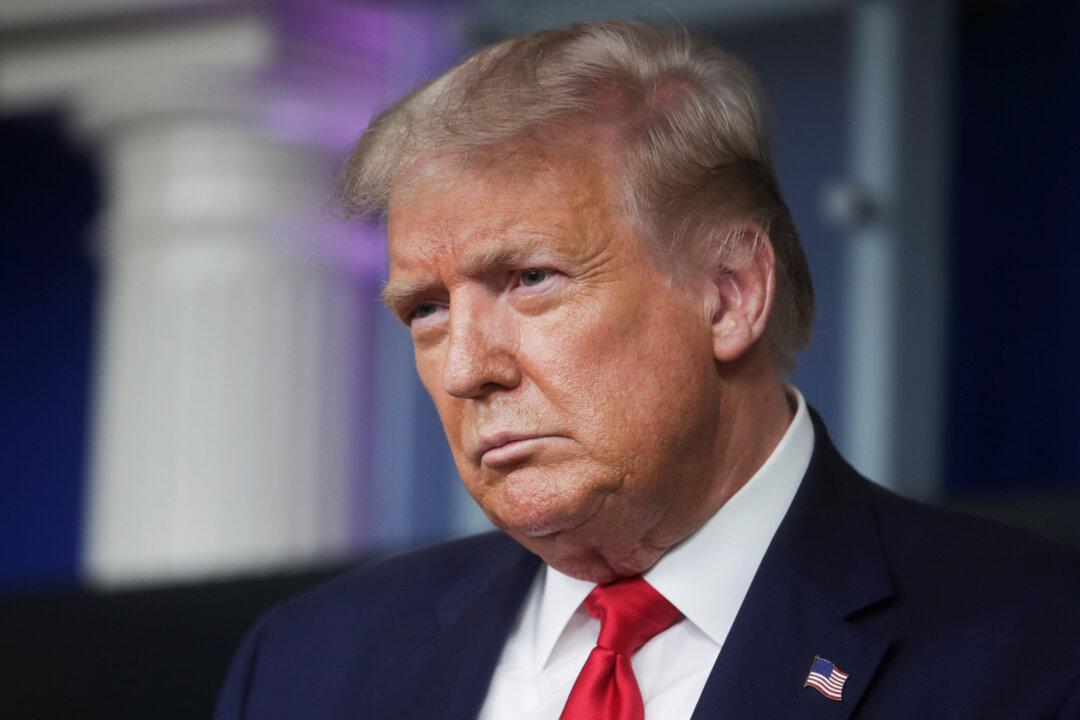President Donald Trump’s legal team on Monday pushed back against the Manhattan district attorney’s suggestion that it is pursuing an investigation into “possibly extensive and protracted criminal conduct at the Trump Organization.”
In a new court filing, Trump’s attorneys argued that New York Country District Attorney Cyrus R. Vance Jr. is “still fishing for a way to justify his harassment of the President” when he cited several newspaper articles to justify his subpoena for the president’s tax returns as part of a grand jury probe.




